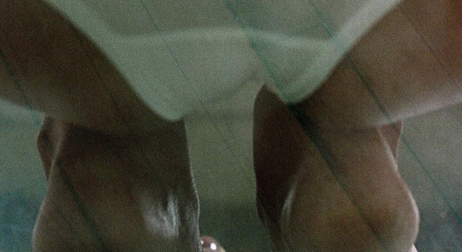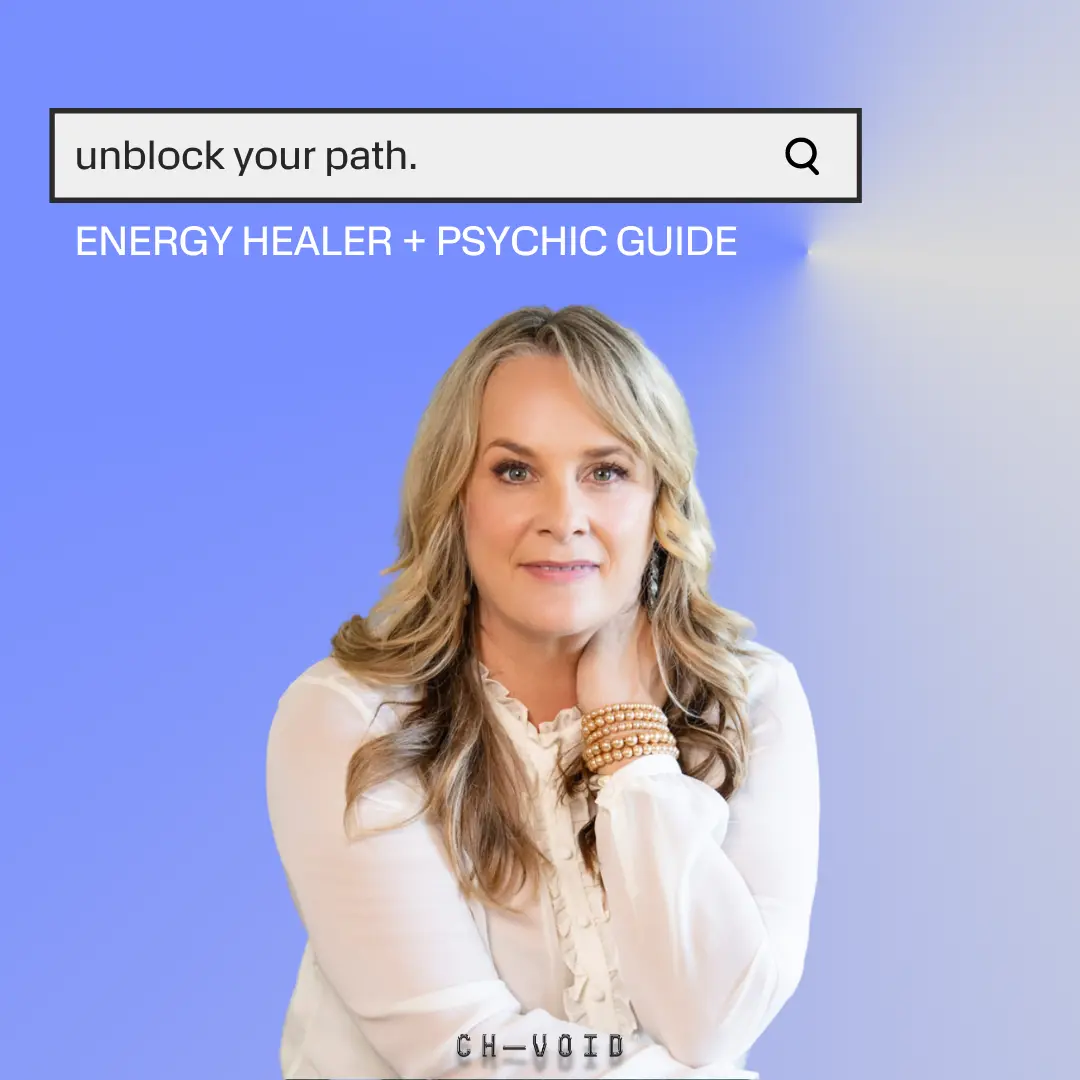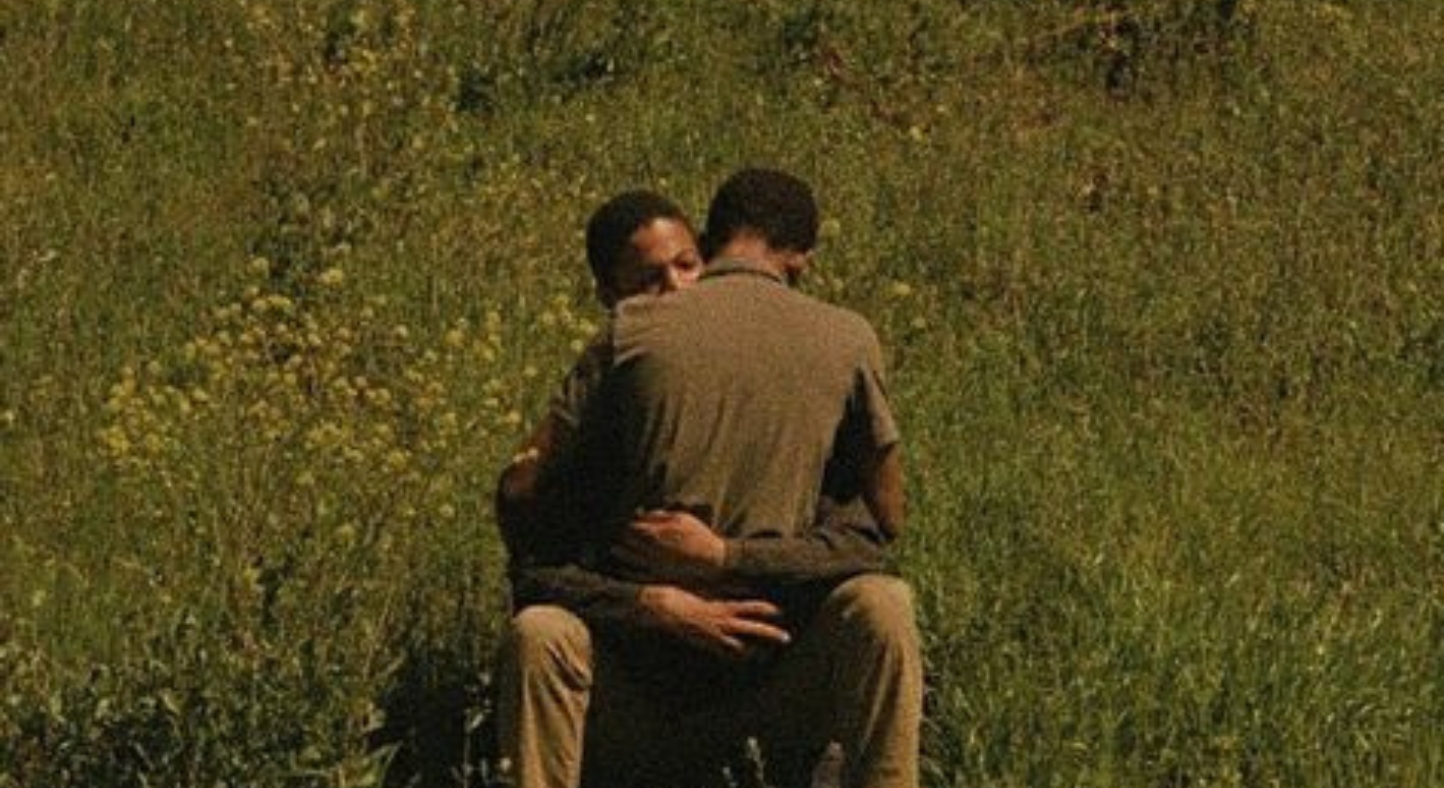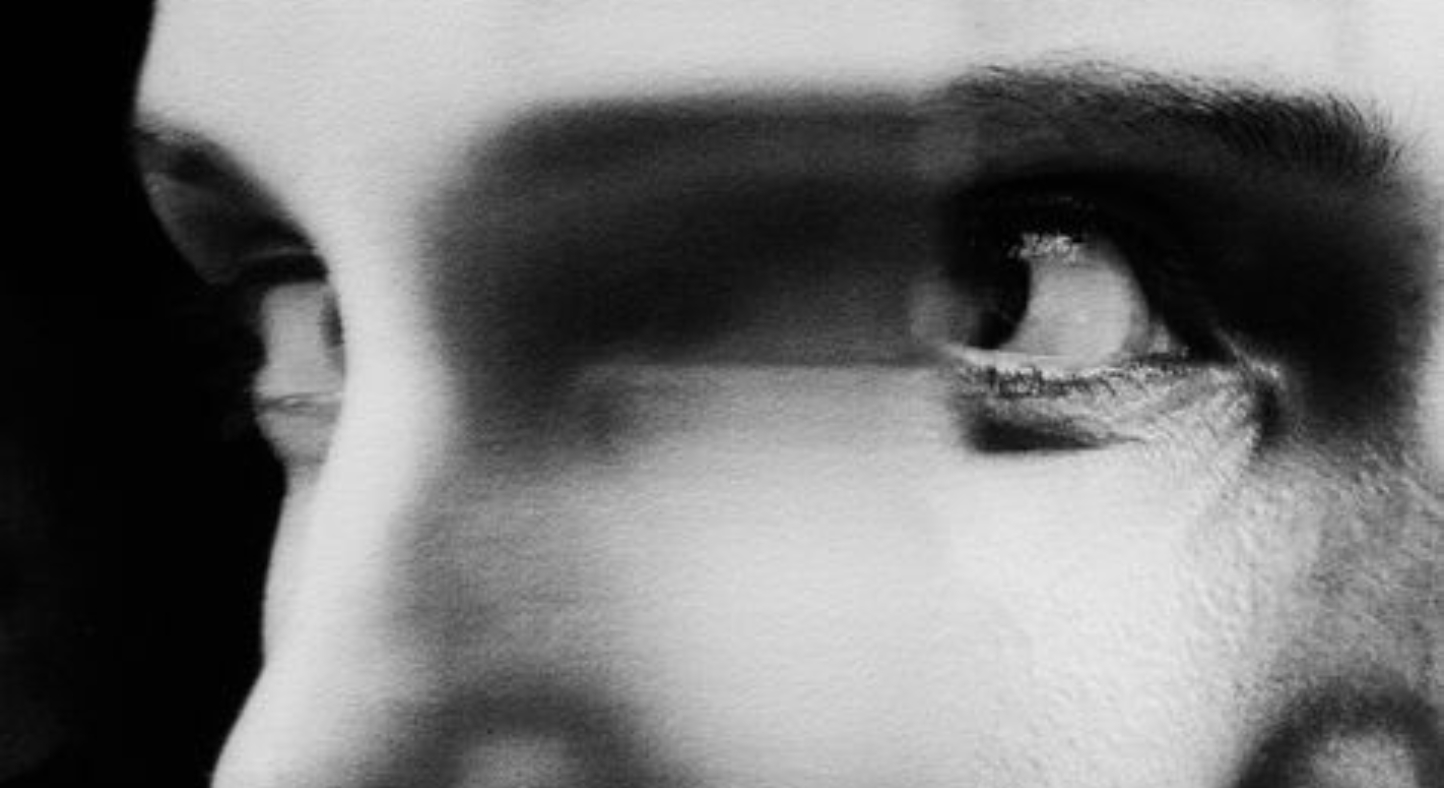Diary of a Victim-Survivor
A woman’s guide to reporting a sexual assault.
TW/CW: This article mentions sexual assault / rape. If you or anyone you know is experiencing or has experienced sexual violence – you are not alone, there are resources out there to help. In a world that moves so quickly, it is easy to feel alone in your trauma however that is far from the truth. No matter where you are in your journey – I’m so glad you’re here. For further support and information including call lines visit: https://fullstop.org.au/get-help/find-services
Dealing with my trauma has had an alikeness to going to the grocery store. The grocery store being that void of deep healing – the place where I can transcend and re-integrate despite all this bullshit. Upon entering the above-mentioned grocery store, I’ll write a list of the things I need to get from A to B: think a psych-laden and self-development version of the hero’s journey. I would often discover that I had missed a step (an item), and would find myself aimlessly walking around the aisles with no true direction or inner knowledge of how to construct anything useful in my current state. This metaphor applies to the real world too: I cannot tell you how many times I’ve disassociated from sensory overload in Coles or how hard it is to construct my Thursday night meal post-two days into a depression slump. I’ve noticed that I keep coming back to one item on my list, the entire meal is amiss without it: how do I report my sexual assault?
It’s been a year and a half nearly. Luckily, I’ve found moments where the light leaks in. One of these moments, more recently, was walking into a MeetUp run by The Survivor Hub, a not-for-profit organisation harnessing their lived experiences and knowledge to support and empower fellow survivors. The feeling was unparalleled. My eyes welled with tears as soon as I sat down, I was home and the credo of Grace Tame rang through my ears:
When we share, we heal.
Grace Tame
I spoke with the people who run The Survivor Hub, alongside a trained social worker, to bring you this information. All names are changed, except my own, to respect the privacy, anonymity and the choice of each person.
Hannah: When considering reporting a sexual assault/s, what’s one thing you would want anybody to know?
Laura*: We want to acknowledge that reporting is not the right choice for everyone. Each person’s experience, needs and healing journey are entirely their own. Every case is specific and will vary from victim-survivor to victim-survivor. Reporting or not reporting is entirely your choice – it is about choosing what is best for you.
Hannah: What are my options when reporting a sexual assault/s?
Candice*: You have a few reporting options: an informal in person report, a formal report or a SARO report. It is entirely up to you to decide which option you take. There is no time limit for reporting sexual assault in Australia.
Hannah: Ok, wow – I have more than one option. What’s the difference between them?
Candice*: An informal in-person report would be carried out in a police station, with detectives present taking down as little or as much information as you would like to give, however it does not launch a formal investigation. A S.A.R.O or A.R.O report is similar and may be a more comfortable option if you don’t want to go into a police station as it is an on-line form that can be completed at your own pace, and anonymously, again it does not launch a formal investigation. Finally, a formal report is an in-person report in a police station, with plain clothes detectives, which may take as long as a few hours to multiple days. The police will use this statement to help investigate the case and gather any relevant evidence.
Emma*: You can also speak to a GP, counselor, psychologist or a Sexual Assault Service (1800RESPECT in Australia). Additionally, writing it down as best you can to revisit later might be the best option for you. However, recovery is the main focus – it is whatever is best for you at that point in time.
Hannah: If someone decided to formally report, what is worth knowing before the process?
Bella*: You (or a loved one) can call in advance to tell the police station you are coming in so they can have the sex crime detectives ready for you. If possible, go to the police station closest to where the assault took place. You can have a support person with you but pick someone who won’t be a witness (ie. someone who was there or the first few people you disclosed to). You can request a male or female detective. You will be asked to give a detailed statement which you can complete over days or even weeks.
Laura*: Taking your time and listening to your body is really important. If your assault was recent, the police may suggest you do a Sexual Assault Investigation Kit (S.A.I.K) which will involve inspecting your body for potential physical evidence. Also, it is important that your statement is in your words as detailed as you remember it. This can be frustrating and potentially re-traumatising but it is super important. Questions like: “What were you wearing?” and “Were you drinking?” are to assess your memory of the event and paint a clear picture of the crime. These questions are often important to the case, especially if you couldn’t have given affirmative consent whilst under the influence. However, if the police at any time make you feel uncomfortable or invalidated, seek advice and know you can file a complaint.
Hannah: Re-traumatisation is something I’ve personally been concerned about. What are your tips for that?
Emma*: Having support – you don’t have to go through this alone. You can apply for counselling through Victims Services at any time. Self care, to the best of your ability, is a must. You can also read about Statements and the Court process. If you’re on Gadigal Country, our MeetUps are safe spaces to talk to survivors who have varied reporting experiences – things are expanding quickly too, we may be coming to a city near you soon!
Hannah: Recognising intersectionality is really important to me. For First Nations people and/or LGBTQIA+ people, who may feel uncomfortable with the police because of structural discrimination, what are resources you’ve come across?
Bella*: Violet co Legal & Consulting is survivor led, trauma informed practice that acknowledges the disproportionate impact of sexual assault for First Nations and LGBTQIA+. Additionally, NSW Police has contacts and support for a GGLO – LGBTIQA+ Liaison Officer and/or an ACLO – Aboriginal Community Liaison Officer.
Hannah: As someone who has attended your MeetUp, from which I have taken so much, what is something you would tell all victim-survivors thinking about this process, going through it, gone through it or have decided to not report?
Candice*: No matter what happens during your process or what you decide to do, we welcome all survivors. We are all survivors who want to support and guide you based on lived experience. No matter who you are, whether you report or not, your experiences are valid. We believe you. Also – we’re so glad you’re here, you survived.
All my gratitude to Channel Void for providing a platform for this information to soak through the tech ether. In our darkest moments, the barren parts of things set ablaze from trauma, we are invited to share our vulnerability and process our pain as a means to heal ourselves, and then heal others. Then we are invited to listen, support, share resources, hope and love – the most beautiful gift ever given.
For non-urgent advice on sex, love and relationships, text our free to use advice line Self Service — available in the UK, the US and AUS.





















